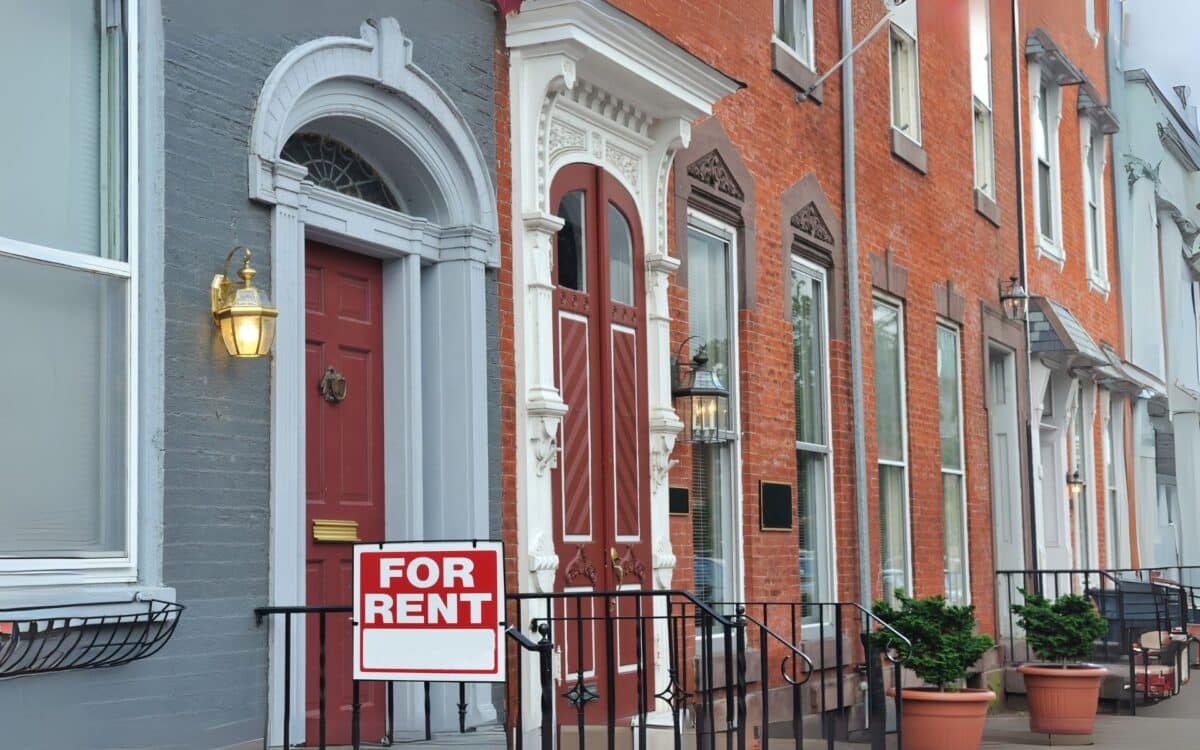The UK government has announced a new set of energy efficiency standards for UK landlords and private rental properties, aiming to reduce energy bills for tenants and improve housing conditions.
Under the proposed rules, all privately rented homes in England and Wales will need to meet a minimum Energy Performance Certificate (EPC) rating of C by 2030. The government estimates that these measures could save renters an average of £240 per year on energy costs.
New Energy Efficiency Requirements for UK Landlords
The proposal, introduced as part of the government’s Plan for Change, seeks to address issues with poorly insulated and energy-inefficient rental properties. Currently, nearly half of privately rented homes in England already meet the EPC C standard, but the government wants to ensure all landlords bring their properties up to this level.
To meet these requirements, landlords will need to invest in :
- Loft insulation to reduce heat loss through the roof.
- Cavity wall insulation to improve thermal efficiency.
- Double or triple glazing to prevent heat loss through windows.
- Energy-efficient heating systems, such as modern boilers or heat pumps.
- Smart meters to monitor and optimize energy consumption.
- Solar panels to generate renewable energy and reduce reliance on grid electricity.
- Battery storage systems to store surplus energy for later use.
To ease the financial burden on landlords, the government has proposed:
- A £15,000 spending cap per property for necessary improvements.
- A lower cap of £10,000 for landlords with more affordable rental properties (determined by rent levels or council tax bands).
- Financial assistance through government programs, including the Boiler Upgrade Scheme and the Warm Homes Grant.
Expected Benefits for Renters
The new regulations are designed to lower energy bills for tenants, improve living conditions, and reduce carbon emissions from the housing sector. Many rental properties in the UK still rely on outdated heating systems and poor insulation, making them expensive to heat during colder months.
The new standards aim to eliminate these inefficiencies and provide tenants with warmer, more affordable homes.
Housing Secretary Angela Rayner stated that the government is taking action to improve rental standards, ensuring that tenants are not left in cold, damp conditions. Energy Secretary Ed Miliband added that these measures will help families struggling with high energy bills while also supporting the UK’s climate goals.
Challenges and Reactions
While the proposal has been welcomed by tenant advocacy groups, some landlords have expressed concerns about the financial burden of making energy efficiency upgrades. Critics argue that forcing UK landlords to meet higher standards could lead to increased rents as property owners try to recoup their investment costs.
Others believe the timeline for implementation—by 2030—allows sufficient time for gradual improvements without causing major disruptions to the rental market.
The government has opened a public consultation on the proposed measures, inviting feedback from landlords, tenants, and industry stakeholders. The final policy details and implementation plans will be shaped by this consultation process.
- 48% of privately rented homes in England already have an EPC rating of C or higher – The government aims to bring the remaining 52% up to standard.
- The current minimum EPC requirement for rented properties is E – The proposal would significantly raise this threshold to improve energy efficiency.
- Landlords will have multiple options to meet energy efficiency standards, including loft insulation, cavity wall insulation, double glazing, solar panels, smart meters, and battery storage systems.
- A spending cap of £15,000 per property has been set, but an exemption at £10,000 will be available for UK landlords with lower rental income or properties in lower council tax bands.
- The UK government plans to renovate 300,000 homes under the Warm Homes Plan to further improve energy efficiency across the country.
- Regulator Ofgem is set to receive new powers to enhance consumer protections in the energy market as part of a broader effort to lower energy costs.
- A new fuel poverty strategy is under consultation, focusing on improving home energy performance, supporting low-income households, and shielding consumers from rising energy prices.
A new fuel poverty strategy is under consultation, focusing on improving home energy performance, supporting low-income households, and shielding consumers from rising energy prices.









